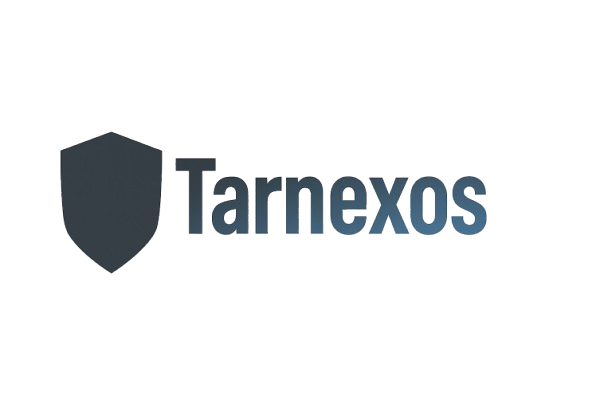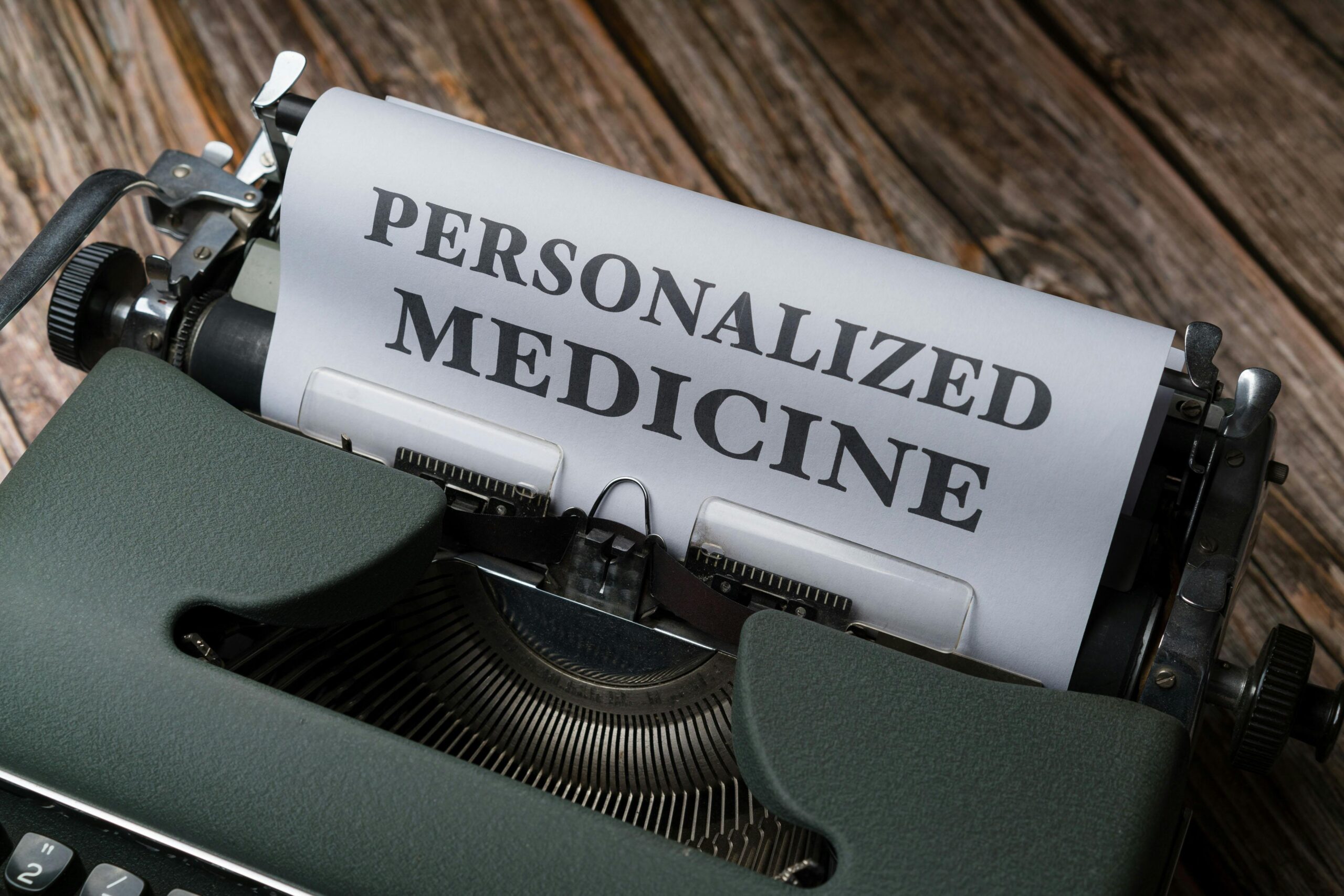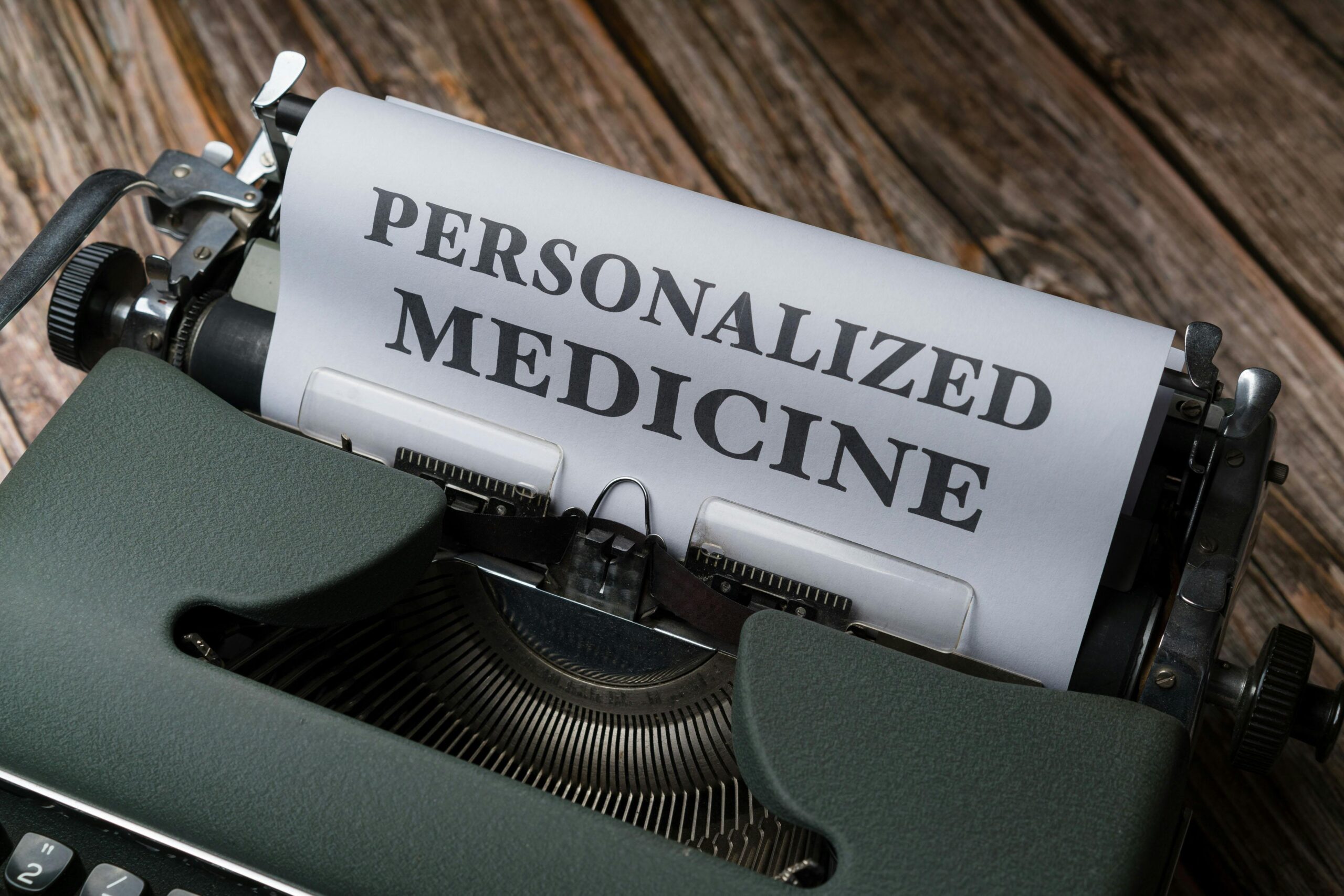The genomic revolution is transforming healthcare, agriculture, and our understanding of life itself. Yet, a significant gap exists between scientific advancement and public comprehension of genomic concepts.
This knowledge divide threatens to limit the potential benefits of genomic medicine and biotechnology. Empowering individuals through innovative education and training programs has become essential for creating an informed society capable of making evidence-based decisions about genomic technologies and their applications in daily life.
🧬 Understanding the Genomic Literacy Gap
Genomic literacy encompasses more than just understanding DNA structure or inheritance patterns. It represents a comprehensive framework of knowledge that enables individuals to interpret genomic information, understand its implications for health and society, and participate meaningfully in discussions about genetic testing, personalized medicine, and biotechnology applications.
Current studies reveal alarming statistics about public understanding of genomics. Many individuals struggle with basic genetic concepts, confuse correlation with causation in genetic studies, and harbor misconceptions about genetic determinism. This literacy gap creates barriers to informed consent in medical contexts, limits participation in genetic research, and fosters mistrust in scientific institutions.
The consequences of inadequate genomic literacy extend beyond individual decision-making. Healthcare providers face challenges in communicating test results effectively, researchers struggle to recruit participants for genomic studies, and policymakers may lack the foundational knowledge needed to craft appropriate regulations for emerging technologies.
The Foundation of Effective Genomic Education
Successful genomic literacy programs must address multiple audiences with tailored approaches. Students require age-appropriate curriculum integration that builds conceptual understanding progressively. Healthcare professionals need continuous education to stay current with rapidly evolving genomic technologies. The general public benefits from accessible resources that demystify complex concepts without oversimplification.
Building Blocks of Genomic Competency
Effective genomic education programs incorporate several essential components. First, they establish a strong foundation in basic molecular biology while avoiding overwhelming technical jargon. Second, they emphasize the probabilistic nature of genetic information rather than deterministic interpretations. Third, they address ethical, legal, and social implications alongside scientific content.
Successful programs also recognize that genomic literacy extends beyond memorizing facts. Critical thinking skills enable learners to evaluate new genomic information independently, distinguish credible sources from misinformation, and understand the limitations of current genomic knowledge.
💡 Innovative Educational Approaches Transforming Learning
Traditional lecture-based instruction has proven insufficient for developing deep genomic literacy. Innovative programs leverage active learning methodologies, experiential education, and technology-enhanced instruction to create engaging and effective learning experiences.
Hands-On Laboratory Experiences
Laboratory-based learning provides tangible connections between abstract genetic concepts and observable phenomena. Students extracting DNA from strawberries, analyzing their own genetic traits, or conducting gel electrophoresis develop intuitive understanding that transcends textbook knowledge. These experiences demystify genomic science and build confidence in scientific thinking.
Mobile laboratory programs bring genomic education to underserved communities, addressing equity concerns and expanding access to hands-on learning opportunities. These initiatives often partner with local organizations to ensure cultural relevance and community engagement.
Digital Platforms and Interactive Technologies
Technology-enhanced learning environments offer unprecedented opportunities for genomic education. Virtual reality simulations allow students to explore molecular processes at microscopic scales, observing DNA replication or protein synthesis from immersive perspectives. Interactive visualizations help learners manipulate variables and observe outcomes in genetic modeling exercises.
Gamification strategies transform learning into engaging challenges. Educational games teach genetic concepts through puzzle-solving, strategic decision-making, and narrative-driven scenarios. These approaches particularly resonate with younger learners who may find traditional instruction disconnected from their digital-native experiences.
Online learning platforms democratize access to genomic education, offering courses from leading institutions to global audiences. Massive open online courses (MOOCs) reach thousands of learners simultaneously, while adaptive learning systems personalize instruction based on individual progress and learning styles.
Training Programs for Healthcare Professionals
Healthcare providers serve as critical intermediaries between genomic science and patient care. Their genomic literacy directly impacts clinical outcomes, patient satisfaction, and appropriate utilization of genetic services. Comprehensive training programs address knowledge gaps while building communication skills essential for genetic counseling contexts.
Continuing Medical Education Initiatives
Medical schools increasingly integrate genomics throughout curricula rather than isolating it in genetics courses. This integrated approach helps future physicians recognize genomic considerations across medical specialties, from cardiology to psychiatry. Case-based learning using real patient scenarios develops clinical reasoning skills specific to genomic medicine.
For practicing clinicians, continuing education programs offer flexible learning options including webinars, workshops, and self-paced modules. These programs address specific competencies such as ordering appropriate genetic tests, interpreting results accurately, and communicating findings effectively to patients with varying health literacy levels.
Interdisciplinary Training Models
Genomic healthcare requires collaboration among diverse professionals including physicians, genetic counselors, nurses, pharmacists, and laboratory specialists. Interdisciplinary training programs foster shared understanding and effective teamwork. Simulation exercises allow teams to practice coordinated responses to complex genetic scenarios in safe learning environments.
🎓 Community-Based Education Programs
Community engagement initiatives extend genomic literacy beyond academic and clinical settings. These programs recognize that health decisions occur within social and cultural contexts, requiring education approaches that respect diverse perspectives and address community-specific concerns.
Culturally Responsive Education
Effective community programs acknowledge historical contexts that influence trust in genetic research and medicine. African American communities, for example, may harbor legitimate concerns rooted in historical exploitation such as the Tuskegee experiment. Indigenous communities may have distinct cultural perspectives regarding genetic information and its ownership.
Culturally responsive genomic education involves community members in program design, employs community health workers as educators, and frames genetic concepts using culturally relevant examples and communication styles. These approaches build trust while delivering accurate scientific information.
Public Engagement Events
Science festivals, museum exhibits, and public lectures bring genomic concepts to broad audiences in accessible formats. Interactive exhibits allow visitors to explore their family health histories, learn about genetic variation through population genetics demonstrations, or consider ethical dilemmas presented in thought-provoking scenarios.
Social media campaigns and podcast series reach audiences where they already engage with content. Scientific storytelling techniques make genomic concepts relatable through personal narratives, historical context, and connections to current events.
Addressing Ethical and Social Dimensions
Comprehensive genomic literacy includes understanding ethical implications, privacy concerns, and social justice issues surrounding genetic technologies. Education programs that neglect these dimensions produce technically knowledgeable but ethically unprepared individuals.
Privacy and Data Security Education
Direct-to-consumer genetic testing has exploded in popularity, yet many users lack understanding of how their genetic data will be used, stored, and potentially shared. Educational initiatives must address data privacy concerns, explain terms of service implications, and empower consumers to make informed decisions about genetic testing services.
Training programs for healthcare professionals emphasize confidentiality requirements, discrimination protections under laws like GINA (Genetic Information Nondiscrimination Act), and best practices for genetic data management in clinical settings.
Equity and Justice Considerations
Genomic literacy education should critically examine disparities in access to genetic services, representation in genomic research databases, and potential for genetic technologies to exacerbate existing inequalities. Students learn to recognize how socioeconomic factors influence genomic health outcomes and consider strategies for promoting equitable access to genomic medicine benefits.
📊 Measuring Educational Impact and Effectiveness
Rigorous evaluation ensures genomic education programs achieve intended outcomes and identifies areas for improvement. Assessment strategies extend beyond traditional testing to measure conceptual understanding, attitude changes, and behavioral impacts.
Assessment Frameworks
Validated instruments measure genomic literacy across cognitive domains including knowledge recall, comprehension, application, and critical evaluation. Pre-and post-testing reveals learning gains, while longitudinal studies track retention and long-term impacts on decision-making behaviors.
Qualitative assessments capture nuanced outcomes such as increased confidence discussing genetic topics, reduced anxiety about genetic testing, or enhanced ability to identify misinformation. Focus groups and interviews provide rich insights into learner experiences and program strengths and weaknesses.
Overcoming Implementation Challenges
Despite growing recognition of genomic literacy importance, numerous barriers hinder widespread implementation of effective education programs. Resource constraints limit access to laboratory equipment, trained instructors, and curriculum materials. Rapidly evolving scientific knowledge creates challenges for maintaining current, accurate content.
Sustainable Program Development
Successful programs leverage partnerships among academic institutions, healthcare systems, community organizations, and industry stakeholders. Shared resources, expertise, and funding support sustainable program implementation. Open educational resources reduce barriers to curriculum adoption and allow customization for local contexts.
Train-the-trainer models multiply educational impact by developing networks of skilled instructors who can deliver programs in diverse settings. These cascading approaches build capacity while ensuring quality through standardized training protocols and ongoing support.
🌍 Global Perspectives on Genomic Education
Genomic literacy needs transcend national boundaries, yet educational approaches must account for diverse healthcare systems, regulatory environments, and cultural contexts. International collaborations share best practices, develop globally relevant resources, and address common challenges.
Low and middle-income countries face unique barriers including limited infrastructure, competing health priorities, and shortages of trained genetics professionals. Innovative programs in these contexts often leverage mobile technology, adapt materials for resource-limited settings, and prioritize training healthcare workers who can educate communities.
The Future of Genomic Education
Emerging technologies promise to revolutionize genomic education in coming years. Artificial intelligence-powered tutoring systems provide personalized instruction at scale, adapting to individual learning needs in real-time. Augmented reality applications overlay genetic information onto physical environments, creating contextualized learning experiences.
Advances in genomic science itself will necessitate ongoing curriculum updates. CRISPR gene editing, polygenic risk scores, microbiome interactions, and epigenetic modifications represent evolving areas requiring educational attention. Effective programs build adaptive capacity, equipping learners with skills to incorporate new knowledge independently.
Cultivating Lifelong Genomic Learning
Genomic literacy cannot be achieved through single interventions but requires sustained engagement throughout life. Educational programs should instill curiosity, teach information evaluation skills, and connect learners with reliable resources for continued learning.
Professional societies, patient advocacy organizations, and public health agencies play vital roles in disseminating current genomic information. Accessible continuing education opportunities ensure that healthcare professionals maintain competency as genomic medicine becomes increasingly integrated into standard care.
🚀 Transforming Knowledge Into Empowerment
The ultimate goal of genomic literacy programs extends beyond knowledge transmission to genuine empowerment. Empowered individuals understand their options, advocate for their healthcare needs, participate meaningfully in research, and contribute to informed public discourse about genomic technologies.
When communities possess robust genomic literacy, they can engage critically with media coverage of genetic discoveries, recognize oversimplified or sensationalized reporting, and demand evidence-based policy decisions. This collective literacy strengthens democratic participation in decisions about how genomic technologies are developed, regulated, and deployed.
Healthcare decisions become truly informed when patients understand genetic test options, interpret results in context of their personal and family histories, and consider implications for relatives who may share genetic variants. This understanding transforms the patient-provider relationship, enabling collaborative decision-making grounded in shared comprehension.

Building a Genomically Literate Society
Advancing genomic literacy requires coordinated efforts across educational systems, healthcare institutions, research organizations, and communities. Investment in innovative education and training programs yields returns that extend far beyond individual knowledge gains, contributing to public health, scientific advancement, and social equity.
As genomic technologies become increasingly central to healthcare, agriculture, forensics, and other domains, the imperative for widespread genomic literacy intensifies. The programs and approaches discussed here represent promising pathways toward this goal, yet sustained commitment and continued innovation remain essential.
The genomic revolution holds tremendous promise for improving human health and understanding biological complexity. Realizing this promise requires not only scientific breakthroughs but also an informed, engaged public capable of stewarding these powerful technologies wisely. Through comprehensive, accessible, and innovative education programs, we can empower minds and advance toward a future where genomic literacy is universal, enabling all individuals to benefit from genomic science while navigating its complexities with confidence and competence.
Toni Santos is a biomedical researcher and genomic engineer specializing in the study of CRISPR-based gene editing systems, precision genomic therapies, and the molecular architectures embedded in regenerative tissue design. Through an interdisciplinary and innovation-focused lens, Toni investigates how humanity has harnessed genetic code, cellular programming, and molecular assembly — across clinical applications, synthetic organisms, and engineered tissues. His work is grounded in a fascination with genomes not only as biological blueprints, but as editable substrates of therapeutic potential. From CRISPR therapeutic applications to synthetic cells and tissue scaffold engineering, Toni uncovers the molecular and design principles through which scientists reshape biology at the genomic and cellular level. With a background in genomic medicine and synthetic biology, Toni blends computational genomics with experimental bioengineering to reveal how gene editing can correct disease, reprogram function, and construct living tissue. As the creative mind behind Nuvtrox, Toni curates illustrated genomic pathways, synthetic biology prototypes, and engineering methodologies that advance the precision control of genes, cells, and regenerative materials. His work is a tribute to: The transformative potential of CRISPR Gene Editing Applications The clinical promise of Genomic Medicine and Precision Therapy The design innovations of Synthetic Biology Systems The regenerative architecture of Tissue Engineering and Cellular Scaffolds Whether you're a genomic clinician, synthetic biologist, or curious explorer of engineered biological systems, Toni invites you to explore the cutting edge of gene editing and tissue design — one base pair, one cell, one scaffold at a time.




